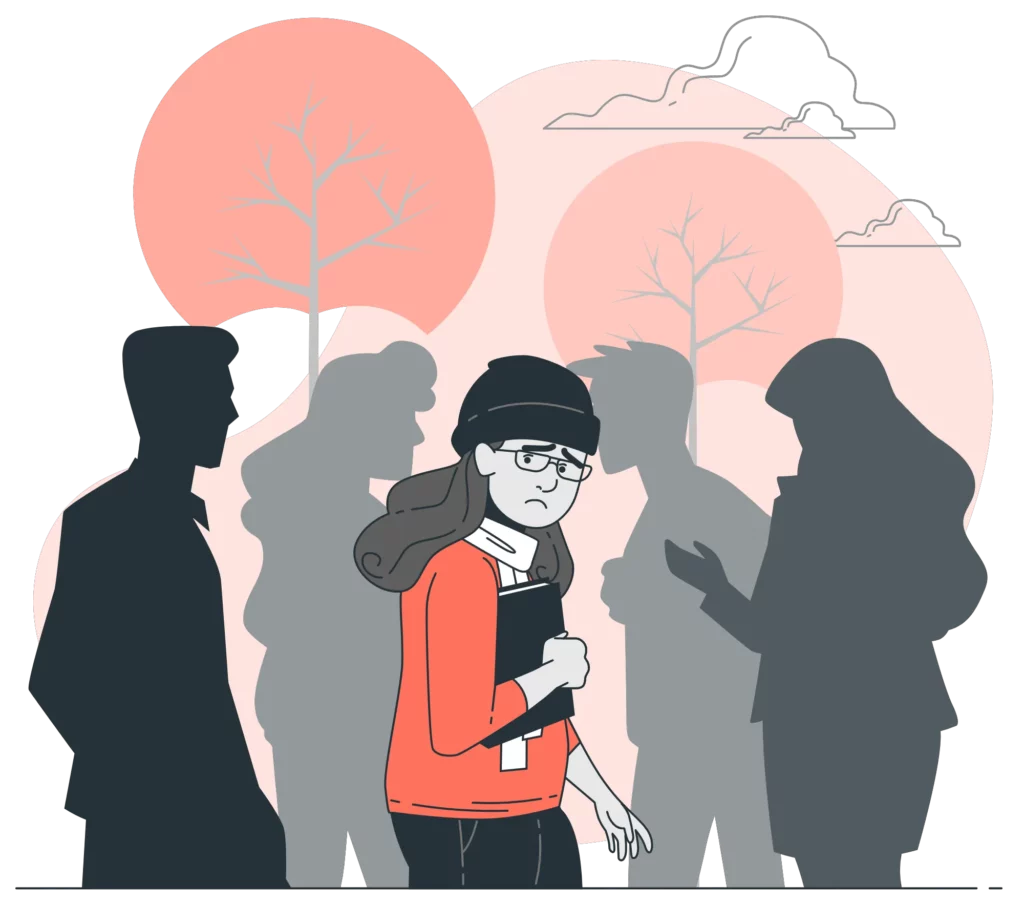
Did you know that nearly 15 million American adults suffer from social anxiety? If you’re struggling to make meaningful connections, you’re not alone. Social anxiety can be a roadblock in your search for love, making dates feel like daunting tasks. But there’s hope. By understanding the signs and learning to navigate the challenges, you’ll find ways to break through the barriers. Let’s explore effective strategies that can help you build confidence and foster fulfilling relationships.
Key Takeaways
- Social anxiety affects nearly 15 million American adults and can hinder meaningful connections.
- Social anxiety leads to less satisfying relationships, affecting both the quality and quantity of interactions.
- Cognitive-behavioral therapy (CBT) is an effective coping strategy for overcoming social anxiety in dating.
- Seeking professional help can provide a safe and supportive environment for understanding and developing tailored strategies to manage social anxiety in relationships.
I. Understanding Social Anxiety
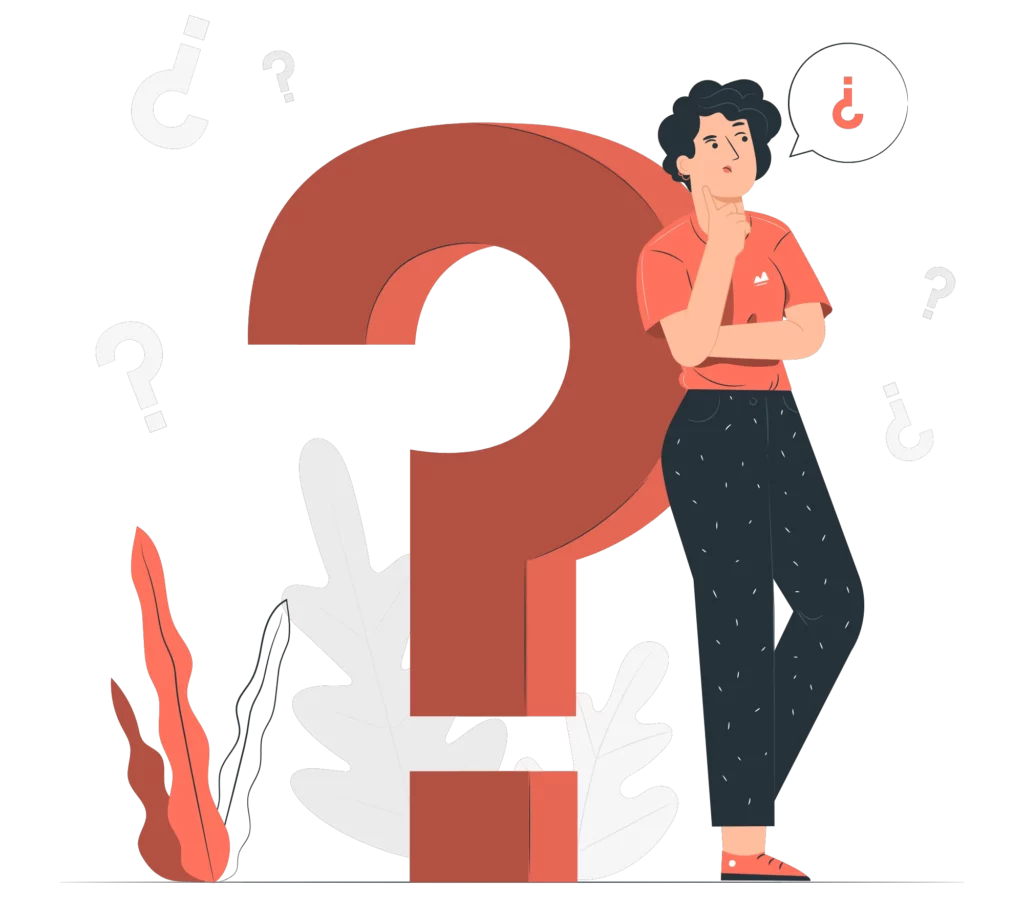
Although you may not always recognize it, social anxiety is a persistent inner battle that can quietly undermine your romantic interactions. Commonly known as social phobia, this condition involves an intense, persistent fear of being watched and judged by others. It’s not just about feeling shy or nervous; it’s a chronic fear that can create significant communication barriers. You might find yourself tongue-tied, second-guessing your words, or avoiding conversations altogether. It’s exhausting, and it chips away at the possibility of forming deep, meaningful connections.
At the heart of social anxiety lies the fear of rejection. It’s as if your mind constantly runs a worst-case scenario reel, convincing you that any social misstep could lead to embarrassment or, worse, losing someone’s affection. This dread can be so overwhelming that it stifles the spontaneity and joy that romance should bring. Instead of opening up, you may retreat, creating an invisible wall that hinders emotional intimacy—the cornerstone of any strong relationship.
It’s important to understand that social anxiety is one of the most common anxiety disorders, affecting millions worldwide. You’re not alone, and more importantly, it’s not your fault. Research shows that it can be caused by a combination of genetic, psychological, and environmental factors. And while it might feel like an insurmountable hurdle, with the right strategies and support, you can overcome the challenges it presents in your love life.
As we delve deeper into the impact of social anxiety, the next step is recognizing the signs. It’s about identifying the symptoms that might be disrupting your quest for love, often without you even realizing it.
II. Recognizing the Signs
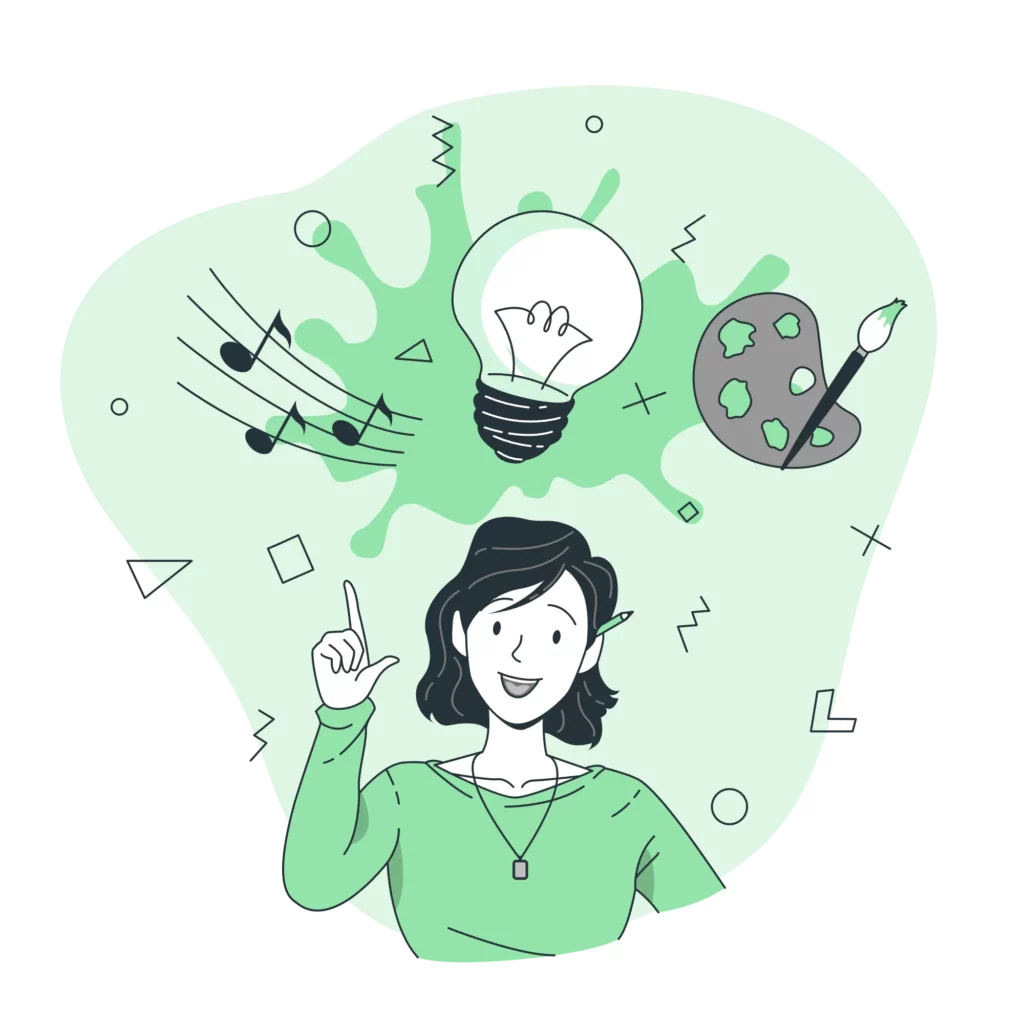
You might be overlooking several subtle signs that your social anxiety is intruding on your romantic pursuits. It’s critical to recognize how these symptoms can manifest in intimate relationships, often in ways you might not immediately attribute to social anxiety. Here are three key indicators to watch for:
- Trust Issues: You may find it hard to believe that a partner could genuinely care for you, leading to a reluctance to open up emotionally. This hesitation isn’t merely about being cautious; it’s a defense mechanism that social anxiety crafts to avoid the perceived risks of vulnerability.
- Avoidance Behaviors: Do you find yourself making excuses to skip out on dates or social gatherings with your partner? This isn’t just about preferring a quiet night in. It’s a pattern of avoidance that can prevent the growth of your relationship and hinder shared experiences that bond couples together.
- Self-Disclosure: Sharing personal thoughts and feelings is a cornerstone of deepening connection. If you’re struggling with self-disclosure due to fear of judgment or rejection, it can stifle the natural evolution of relationship dynamics.
These signs are not just trivial quirks; they are evidence-based indicators of social anxiety’s impact on your love life. Recognizing them is the first step towards overcoming their influence. Empathy for yourself and knowledge of these patterns can guide you toward healthier relationship dynamics.
As you become more aware of these signs, you’ll be better equipped to address them. However, being cognizant of the signs is only part of the battle. In the next section, we’ll delve into the specific dating challenges faced when social anxiety plays a third wheel in your love life.
III. Dating Challenges Faced
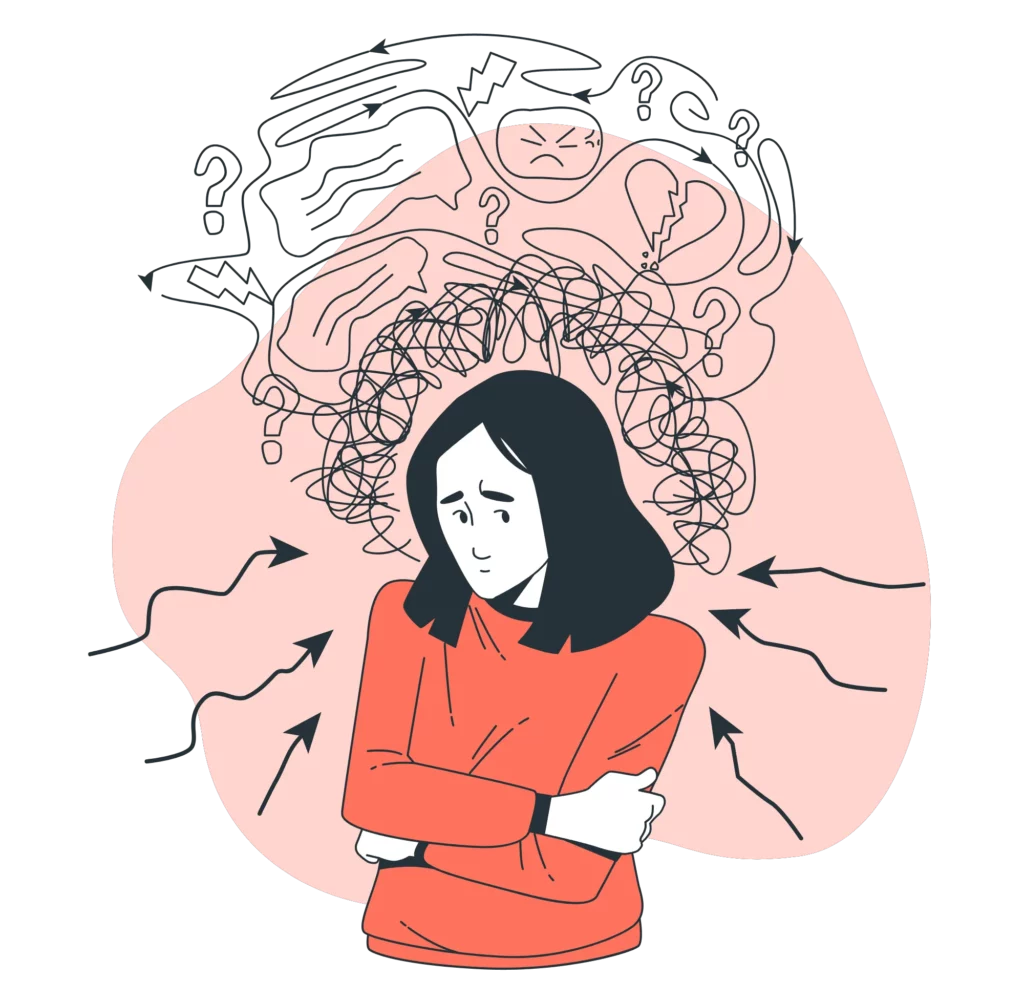
Navigating the dating scene with social anxiety introduces a unique set of challenges that can make finding and maintaining romantic relationships particularly taxing. You might find yourself plagued by fears of being judged or rejected, causing you to avoid dating altogether or struggle to connect when you do go out. This can have a significant psychological impact, not just on your dating life, but on your overall sense of well-being.
When you do manage to go on dates, your anxiety might manifest in physical symptoms, such as sweating or trembling, which can be distracting and embarrassing. These reactions are often misinterpreted by others, potentially leading to misunderstandings or a lack of relationship satisfaction.
It’s important to know that you’re not alone and that there are coping strategies that can help. Cognitive-behavioral therapy (CBT), for example, is a type of therapy that can be particularly effective in helping you manage social anxiety by challenging and changing unhelpful thoughts and behaviors.
Here’s a table detailing common dating challenges and potential solutions that you might find helpful:
| Challenge | Psychological Impact | Coping Strategy |
| Fear of rejection | Decreased self-esteem | CBT techniques |
| Difficulty opening up | Lower relationship satisfaction | Gradual exposure and emotional support |
| Overanalyzing interactions | Increased anxiety | Mindfulness and self-compassion |
| Physical symptoms (e.g., sweating) | Embarrassment | Breathing exercises and relaxation techniques |
IV. Communication Barriers

In the realm of dating, your social anxiety can erect formidable communication barriers that may leave you feeling disconnected from potential partners. This disconnection not only diminishes your romantic life but also affects your mental health. Let’s explore how these barriers manifest and what can be done to overcome them:
- Struggle to Initiate Conversations: Starting a conversation can be a daunting task when you’re worried about being judged or saying the wrong thing. This fear often leads to overthinking and eventually choosing silence over potential embarrassment.
- Difficulty Expressing Feelings: When it’s time to share your emotions, social anxiety can make you feel vulnerable to rejection or misunderstanding. This vulnerability might prevent you from opening up, which is crucial in forming a deep and meaningful connection.
- Challenges with Nonverbal Communication: Nonverbal cues like eye contact, body language, and facial expressions are key in showing interest and building rapport. Anxiety can make these cues hard to read and even harder to reciprocate, resulting in miscommunication.
Understanding these barriers is the first step. Empathy toward yourself is crucial as you navigate the complexities of dating with social anxiety. There are evidence-based treatment approaches, such as cognitive-behavioral therapy (CBT) and exposure therapy, that can help you manage your symptoms. Engaging with a mental health professional can provide you with strategies to improve communication and reduce anxiety in social situations. Remember, you’re not alone in this struggle, and with the right support, your love life can flourish despite the challenges of social anxiety.
V. The Impact on Relationships
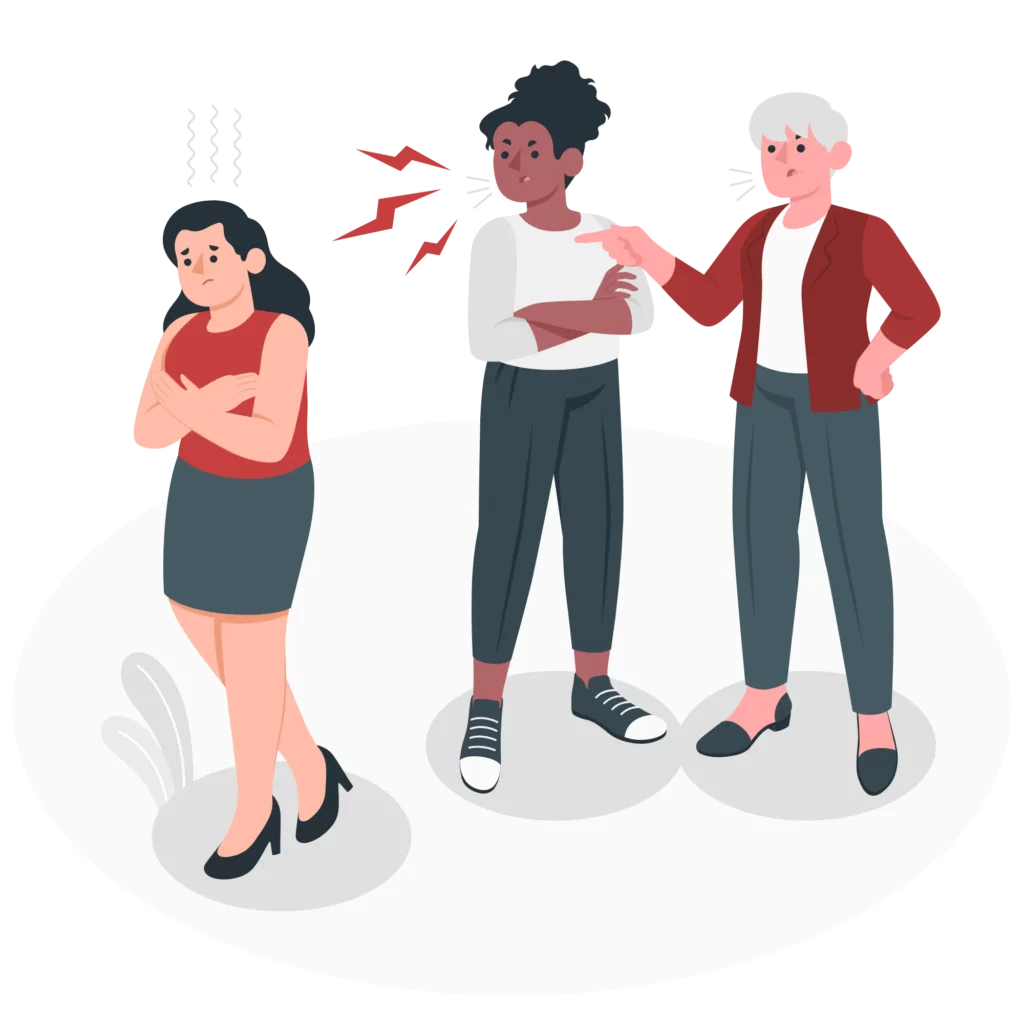
Social anxiety can strain your relationships by creating a persistent sense of unease during intimate moments that are meant to foster closeness. This unease isn’t just about feeling a little shy or nervous; it’s a deeper fear that can prevent you from forming the meaningful connections you crave. You might find yourself avoiding situations where you have to open up or be vulnerable, which can inadvertently put a wall between you and your partner.
It’s hard, isn’t it? You yearn for a deep connection, yet there’s this invisible barrier that seems to push people away just when you need them most. Studies have shown that social anxiety can lead to less satisfying relationships. It’s not just about the quality of interactions but also about the quantity. You might be less likely to go on dates, meet new people, or engage in the kind of shared activities that help relationships grow.
You’re not alone, though. Social anxiety affects many people, and it’s important to remember that it’s a recognized and treatable condition. Effective treatments like cognitive-behavioral therapy have been proven to help individuals manage their anxiety and improve their relationships. It’s also crucial to communicate with your partner about your anxiety. A supportive partner can play a significant role in your journey to overcome social anxiety.
VI. Strategies for Overcoming Anxiety

To overcome social anxiety and rejuvenate your love life, you’ll need to adopt effective coping strategies. It’s about taking small, manageable steps that help you gradually build up your comfort level in social situations, particularly in the dating world. Remember, you’re not alone in this journey, and it’s perfectly okay to seek help. Here’s how you can start:
- Practice Mindfulness and Relaxation Techniques: Begin by integrating mindfulness exercises into your daily routine. Mindfulness can help you stay grounded and present in the moment, reducing feelings of anxiety. Techniques such as deep breathing, meditation, and progressive muscle relaxation are proven to lower stress levels and improve emotional regulation.
- Challenge Negative Thoughts: Your thoughts have a significant impact on how you feel. Start by identifying and challenging any negative thought patterns. When you catch yourself thinking something like, “I’ll never be good enough,” pause and ask yourself for evidence that supports or contradicts this belief. This cognitive-behavioral approach can help change the narrative in your head to a more positive and realistic one.
- Take Gradual Steps: Don’t rush yourself. Exposure therapy, a method where you gradually face your fears, can be very effective. Begin with less intimidating social interactions and work your way up. For instance, start with a smile to a stranger, then a small talk with a colleague, and eventually a coffee date. Celebrate these small victories; they’re significant milestones on your path to overcoming social anxiety.
VII. Building Confidence in Dating

Building your confidence is a crucial step you’ll need to tackle when navigating the dating scene with social anxiety. It’s normal to feel a bit insecure when putting yourself out there, but remember, confidence is a skill you can develop over time. Let’s look at how you can strengthen this aspect of your social repertoire.
Firstly, start by recognizing your strengths. Make a list of all the things you’re good at and the qualities that make you a great partner. This self-affirmation exercise is backed by psychological research, showing that recognizing your positive attributes can bolster self-esteem.
Practicing self-care is also essential. When you take care of your body and mind, you’re better equipped to handle stress and anxiety. This might include regular exercise, a healthy diet, and adequate sleep, which are all proven to improve mood and reduce anxiety symptoms.
Next, challenge your negative thoughts. Cognitive-behavioral therapy (CBT) techniques can help you reframe the way you think about dating. Instead of assuming a date will go poorly, envision a positive outcome. This shift in mindset can reduce anticipatory anxiety and increase your sense of control.
Additionally, build your social skills through gradual exposure. Start with low-pressure social situations and work your way up. This could mean striking up a conversation with a stranger or asking a friend out for coffee. Over time, these interactions can desensitize you to the anxiety of dating.
Lastly, don’t hesitate to seek support. Whether it’s from a therapist, a dating coach, or supportive friends, having a cheer squad can make all the difference. They can provide encouragement, feedback, and a different perspective that can be invaluable as you build your dating confidence.
VIII. Seeking Professional Help

If you’ve tried various self-help strategies and still find social anxiety to be a barrier in your love life, seeking professional help could be your next step. It’s a brave and proactive move that can open doors to better understanding yourself and developing strategies tailored to your unique needs. Here’s what you might expect when you decide to seek help:
- Therapy Sessions: One-on-one therapy sessions with a psychologist, psychiatrist, or licensed counselor can provide a safe space to explore the roots of your social anxiety and work on coping mechanisms. Cognitive-behavioral therapy (CBT), in particular, is evidence-based and widely used to treat social anxiety disorder by helping you challenge and change negative thought patterns and behaviors.
- Group Therapy: Participating in group therapy or support groups can offer the chance to practice social skills in a controlled, supportive environment. It’s also a place to connect with others who understand what you’re going through, which can be incredibly reassuring and reduce feelings of isolation.
- Medication: In some cases, medication may be recommended as part of your treatment plan. Selective serotonin reuptake inhibitors (SSRIs) are commonly prescribed for social anxiety disorder, helping to regulate the mood and reduce anxiety symptoms, making it easier for you to engage in therapy and daily life.
Conclusion

In conclusion, navigating the dating scene with social anxiety can feel like decoding Morse Code without a key. But remember, you’re not alone. By recognizing the signs and implementing strategies to build confidence, you’re already on a path to more fulfilling relationships. Don’t hesitate to seek professional help; it’s a sign of strength, not weakness. Your love life isn’t destined to be a solo journey—there’s someone out there eager to understand and appreciate the whole you, anxiety included.
FAQs
How Can Social Anxiety Influence My Choice in Partners or the Type of Relationships I Pursue?
You might avoid social settings, limiting your encounters and leading you to choose partners from a smaller pool, potentially missing out on more compatible relationships that could thrive with your unique personality.
Can Social Anxiety Have Long-Term Effects on My Sexual Health or Intimacy With a Partner?
Yes, social anxiety can impact long-term sexual health and intimacy, as it may hinder communication and closeness. Seeking therapy and open dialogue with your partner can mitigate these effects and improve your relationship.
Are There Any Specific Dating Apps or Online Platforms That Cater to Individuals With Social Anxiety?
Yes, you’ll find several dating apps tailored for those with social anxiety, like “Shy Passions” and “Anomo,” designed to make connections more comfortable and less overwhelming for you.
How Does Social Anxiety Affect the Dynamics of a Long-Distance Relationship?
Social anxiety can strain your long-distance relationship by causing communication hurdles and increased misunderstandings, as you’re likely to withdraw or overthink interactions, which can lead to feeling disconnected from your partner.
Could My Social Anxiety Be Inherited, and Can It Affect My Parenting Style or My Children’s Social Development?
Yes, social anxiety can be inherited, and it might influence your parenting and your children’s social skills. Seek professional guidance to manage its impact and ensure healthy development for both you and your kids.


